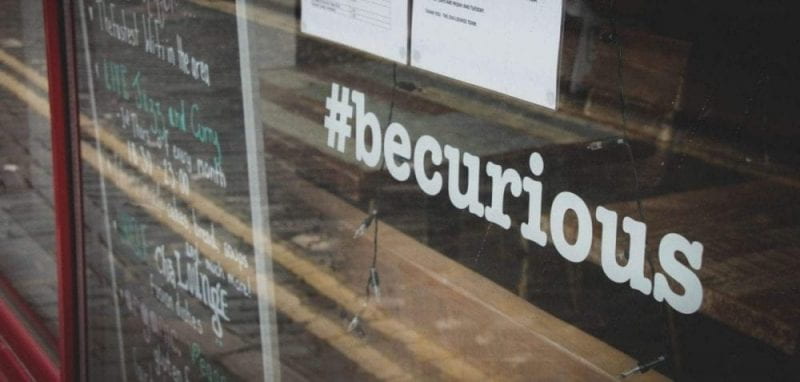Thinking about studying journalism at university but not sure what to include in your personal statement?
Journalism is a competitive industry, but if you’re considering studying a degree in this exciting discipline, it’s important that you convey your enthusiasm, capability and written communication well – your personal statement is therefore the best place to evidence these skills. Understandably, the current situation has made things very difficult for you to gain extra-curricular skills, but here are a few activities you may wish to do over the summer to research the profession more and to enhance your personal statement.
Research Journalism as a Career 
You may be undecided about the type of journalism you want to specialise in, be it newspaper, magazine, digital, TV or radio broadcast journalism, but that’s ok as a degree in journalism will give you the opportunity to explore different areas in more depth, so ensure that you check the content of your five university choices for variety. Also ensure that you research the profession – click here for further information.
After you’ve researched different careers, start researching influential journalists. You may aspire to be the next Faisal Islam or Vanessa Kingori, or it may be someone who writes or broadcasts about topics that you value such as the environment, music, fashion, travel, food, equality or human rights for example. Like artists, it’s always good to have a muse or a role model to admire from afar before you start developing your own style. So start watching TED talks, collate inspiring journalists’ work and dig a bit deeper into their backgrounds.
Ask yourself, what makes a successful journalist, influencer or campaigner?
Build upon the skills of a journalist
Check out the NCTJ Summer School, which boasts a series of video clips outlining the different attributes that make a great journalist. This has already started but you can check out the videos on YouTube and learn about a variety of journalistic skills such as news gathering, media ethics, law, sports reporting, fact checking and much more. Click here for access.
Another useful skill is touch-typing and improving the number of words-per-minute that you can type and you can take a free online course here. You may have also heard about news reporters taking notes using shorthand when interviewing people. This skill, used by many journalists is known as teeline and is great for when technology fails. Have a go at learning some of the basics here as well as brushing up on your grammar from the BBC news style archives.
For a variety of free online courses related to Journalism and Media, try Alison, Coursera, or Open Culture all delivered from universities from all over the world. This will give you a taste of learning beyond your current course and will equip you with research and independent study skills. Just ensure that you check the time commitment of the course so that it’s feasible for you to complete. It is also wise to keep up-to-date with what’s happening in the industry such as new technology, tools, apps and current affairs through the Journalism website – a go-to site for many journalists where you can read about current developments as well as listen to podcasts.
If you’ve not had any work experience yet, there are some virtual opportunities currently available. Although these are not journalistic roles, you will still acquire employability skills such as time-management, planning and working to a deadline – all skills transferable to journalism. View the following platforms on Chrome for opportunities: Inside Sherpa, Barclays Lifeskills and Speakers for Schools.
For writing experience, you’ll have to be persuasive and seek out opportunities yourself, so approach your local newspaper and ask if there are any virtual tasks you can help them with or see if you can interview a journalist about their job. The worst they can do is say no! Or try writing competitions such as the BBC Young Reporter, Young Muslim Writers Award, or the Walter Scott Prize to name a few.
You could also try blogging about issues that are important to you through sites such as WordPress or Blogger – don’t worry if nobody reads them, this is a way for you to collate your writing!
Volunteering in roles such as tutoring English or campaigning for social action is also great experience, so try Vinspired. You can always blog about your volunteering experiences too! Or why not approach other volunteering organisations and offer to write for them? You could even ask your school or college if you can start a newsletter, newspaper or social media communication – this will build your personal writing portfolio. Other ideas include volunteering for hospital radio when the situation becomes safer to do so. For information on this, click here.
These are just some cost-effective ideas for you to expand upon in your personal statement, but it’s not an exhaustive list so do keep your eyes open for other opportunities too.
Remember, like a journalist, be tenacious and create opportunities!
For further advice on your personal statement, email: wpcareersadvice.1@city.ac.uk
*Always be cautious and check any online forum or employer with your teacher or people at home first, as your safety is paramount!


